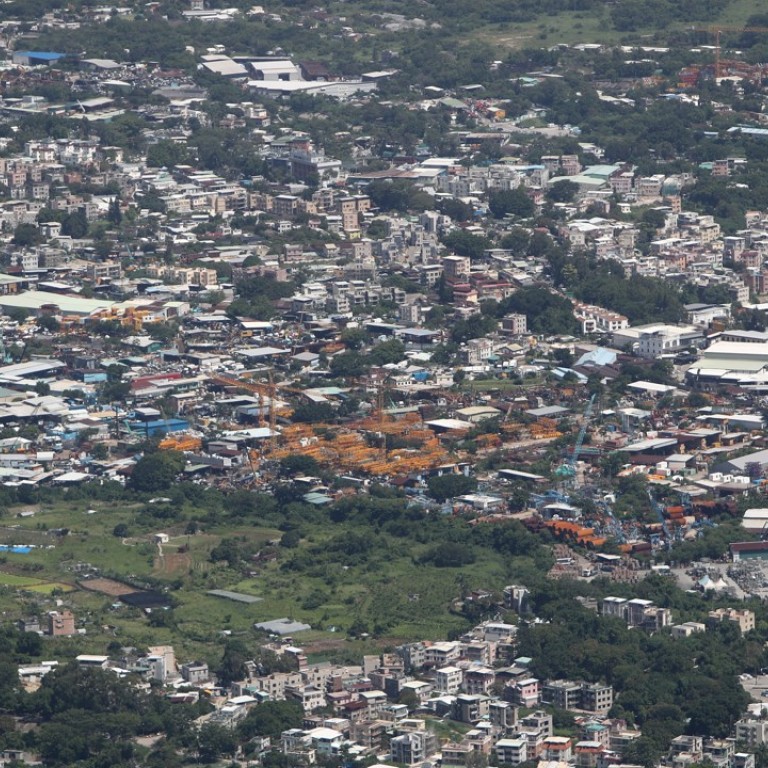
‘Wide support’ in Hong Kong for developing damaged farmland, land supply report says
Preliminary findings by government-appointed task force meant to tackle city’s housing crisis describe brownfield sites option as little-opposed
Developing Hong Kong’s large tracts of damaged farmland has won “widespread support” from different sectors, according to a preliminary report of a public consultation on tackling the city’s housing crisis.

While the final analysis of public opinion on 18 options to boost land supply will not be completed until the end of the year, Lam requested the preliminary report so she could prepare for her policy address on October 10.
The report named the five most discussed groups of proposals. Developing degraded agricultural land – known as “brownfield sites” – was the only option described as receiving wide public support.

“Developing more brownfield sites in the New Territories has received widespread support from residents and different sectors as a short- to medium-term and medium- to long-term land supply option,” the report noted. “They believe [the option] can not only release existing land resources for housing and other development as soon as possible, but can also ... improve the environment.”
The report did not detail the amount of support or opposition behind the other four groups of options, including releasing the development potential of some 1,000 hectares of privately owned farmland in the New Territories, using land currently leased by private clubs, reclamation outside Victoria Harbour, and building housing on country park peripheries.
The consultation aims to seek public consensus on how to plug a shortage of 1,200 hectares of land for housing and economic development in the world’s least affordable property market.
Task force chairman Stanley Wong Yuen-fai said the panel merely stated facts in the report and did not try to gauge public opinions prematurely.
“We have faithfully stated what the public has been saying about each of the five options, including what the supporters and opponents respectively say,” he said. “Developing brownfield sites indeed has received little opposition. There are businesses operating on the sites expressing concerns about this option, but they did not say they absolutely opposed it.”
Wong added the task force had tried to adopt a neutral tone in its report.
Task force vice-chairman Greg Wong Chak-yan noted he had taken part in almost all of the more than 100 public consultation activities, and had heard little opposition to developing the damaged farmland.
“I dare not say whether other options have more support or more opposition, but I almost rarely saw any groups opposing developing brownfield sites.”
I almost rarely saw any groups opposing developing brownfield
On reclamation, it cited support from community representatives and professional groups, and opposition from green groups and the fishing sector.
And with respect to developing country park peripheries, it also identified support from low-income residents who would like to see more affordable housing. Opposition came from groups worrying about setting a precedent in developing the city’s most pristine tracts of land.
In response to the findings, Greenpeace campaigner Andy Chu Kong criticised the assertion of poor people’s support for developing country park peripheries, arguing that data was lacking. Chu said officials should consider brownfield sites their primary land resource.

